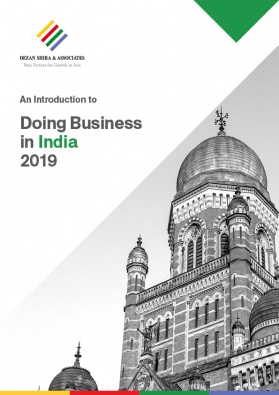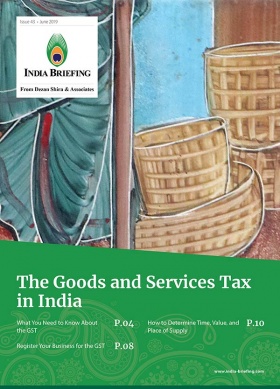COVID-19 Lockdown in India: Only Negligent Companies to be Penalized
India has clarified that only negligent employers will be penalized, in case an employee tests positive for COVID-19.
COVID-19 Lockdown in India: Best Practices for Essential Services Workers
As essential services continue to operate during the COVID-19 lockdown in India, here is a list of best practices for organizations to ensure the well-being of employees.
COVID-19 Lockdown in India: Top Tech Solutions for Businesses Working Remotely
We spotlight the available IT solutions for businesses in India seeking to manage their shift to remote operations during the COVID-19 outbreak.
COVID-19 in India: 5 Best Practices for Businesses Implementing Work-From-Home
In this article we spotlight best practices for businesses in India that have staff telecommuting or working-from-home amid the COVID-19 (coronavirus) outbreak.
The Expanding Role of Technology in India’s HR Industry
New technologies, including artificial intelligence and automation software, are transforming how the HR industry in India operates.
What are the Top Tier-2 Cities to Hire in India?
India’s tier-2 cities are developing fast. In this article, we spotlight five tier-2 cities that foreign entities should be looking at when making their hiring decisions.
The Top 5 Trends in India’s HR Industry in 2020
This year HR departments will increasingly rely on data analytics and AI tools as their scope of function expands. Here we spotlight five big trends that will dominate the HR industry in India in 2020.
India’s Public Holidays in 2020
Many foreign HR managers struggle with the holiday schedule in India. This article outlines the government’s official schedule to help HR managers plan public holidays for their firm.














